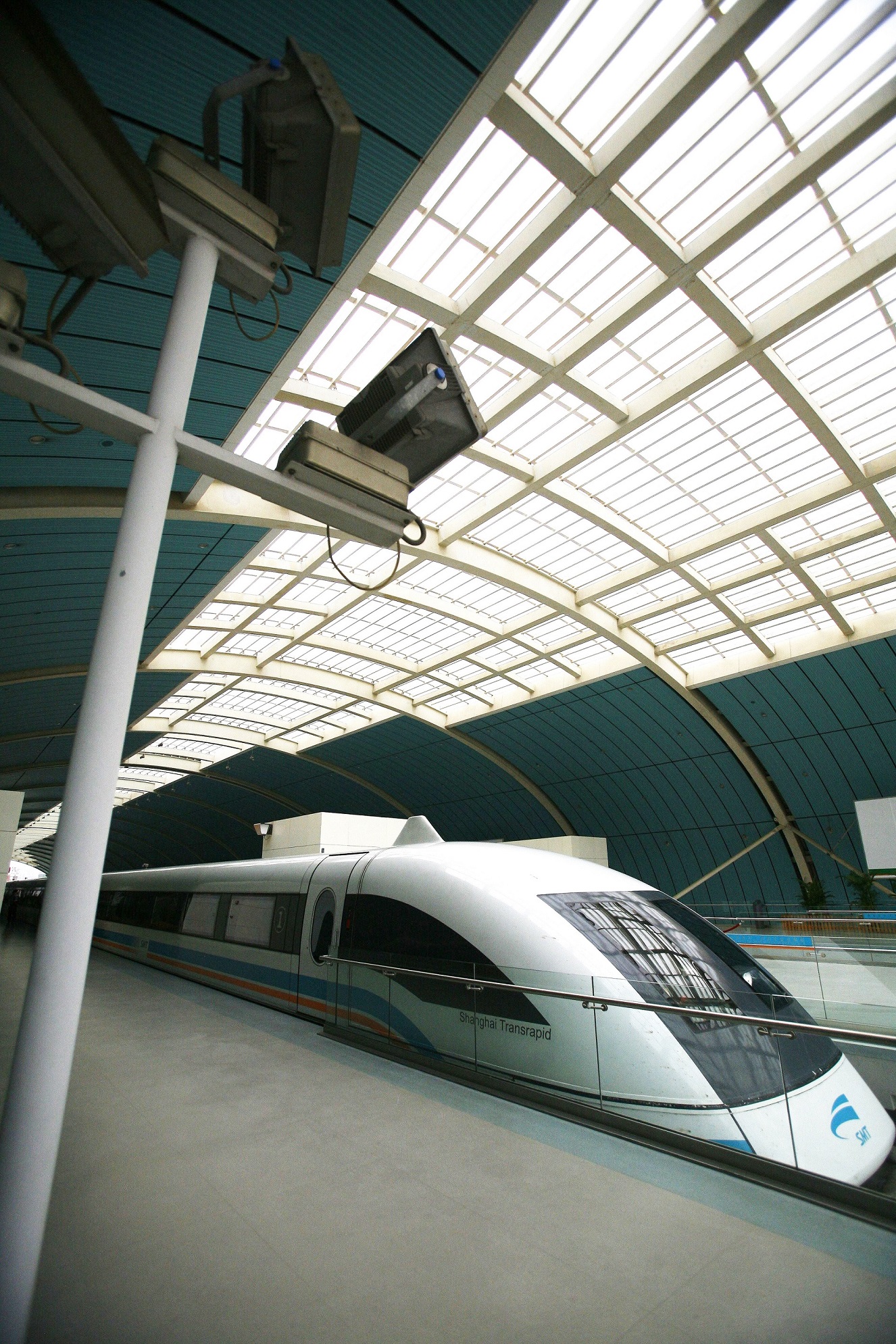ID :
381410
Thu, 09/24/2015 - 11:44
Auther :
Shortlink :
https://oananews.org//node/381410
The shortlink copeid
Sinara Group and Chinese CRCC to jointly make trains for Moscow-Kazan high speed railway - source

CHENGDU, September 24. /TASS/. Sinara Group and Chinese CRCC will jointly make trains for Moscow-Kazan high speed railway, a source familiar with the results of talks within the meeting of the Russia-China working group on cooperation in the field of high speed railway told TASS on Thursday.
"CRCC from the Chinese side and Sinara from the Russian side will be basic enterprises," the source said.
The two partners have started discussion over localization of production, the source said. "Soon preparation of scope statement for development and construction of rolling stock will be launched. The Russian side has already sent its recommendation on localization of production in Russia, which should be at least 80%, to Chinese experts," he said.
Currently, Sinara is operating in the field of transport engineering jointly with German Siemens at a joint enterprise Ural Locomotives where freight locomotives and Lastochka multiple unit trains are produced. Earlier General Director of Sinara-transport machines Evgeny Gritsenko said that construction of trains for Moscow-Kazan high speed railway will use the same technology, which was created for Lastochka trains.
China Railway Construction Corporation Limited is one of China’s biggest state construction companies. It focuses on infrastructure construction, including railways, high-speed highways, underground, port and airport infrastructure.
The Moscow-Kazan high speed railway’s total length will stand at around 770 kilometers. Trains may go at a speed of 350-400 kilometers per hour, and the time en route between the two cities could be 3-3.5 hours against the current 14 hours.
The Moscow-Kazan railroad may later be extended to China, connecting the two countries across Kazakhstan. According to the Russian Railways, the length of Moscow-Beijing railroad will be 7769 km, travel time - 32.8 hours (four times faster compared to current 130.4 hours). The average annual passenger traffic is estimated at 195 mln people. The multiplicative effect of the construction is $413 bln.
Read more





